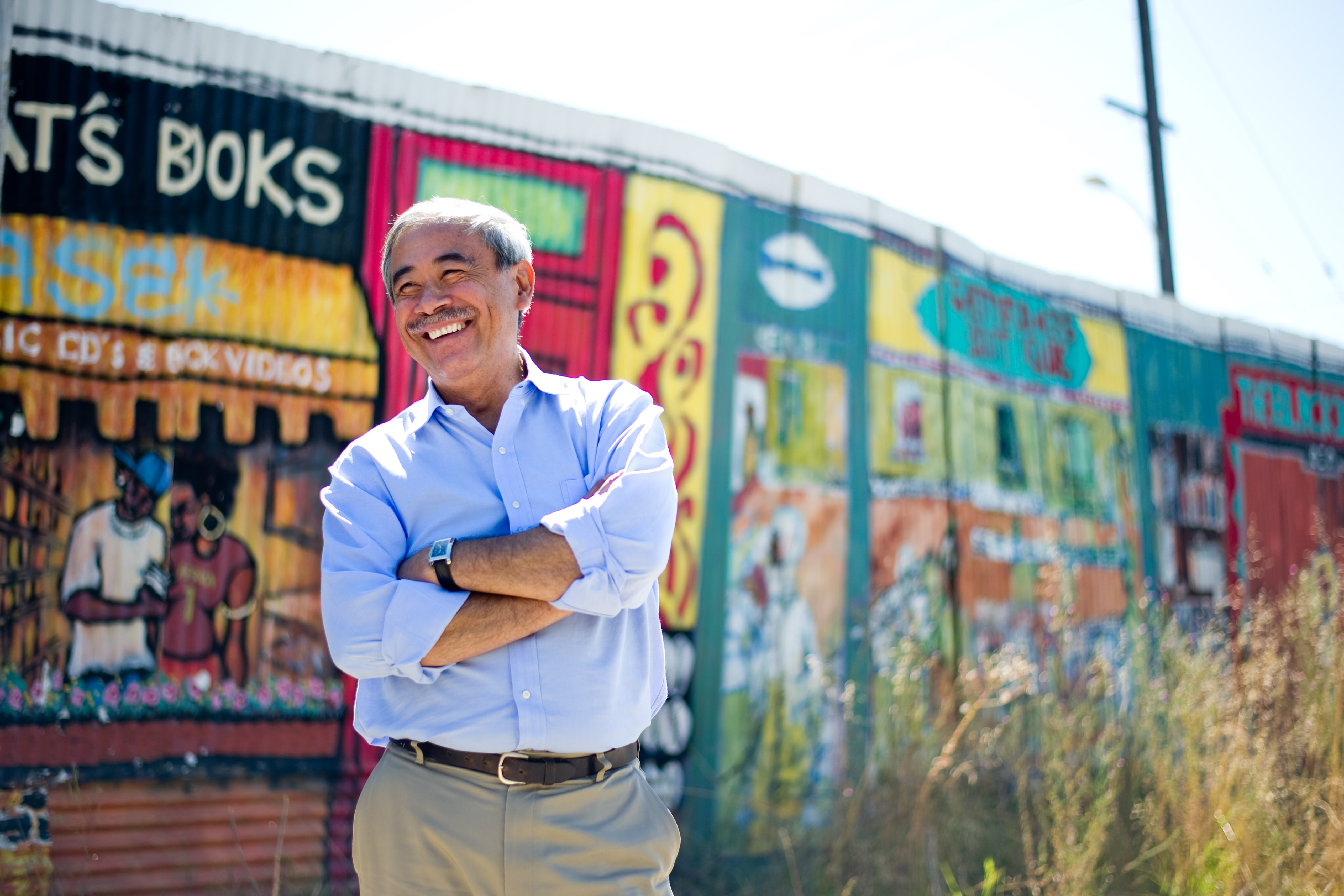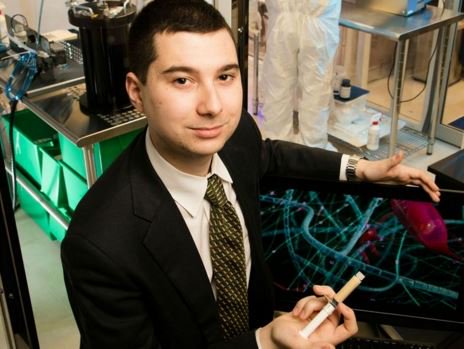For nearly 50 years, the United States has, in some form of rhetoric or another, claimed to be fighting a "war on poverty." Despite the buzz, the most recent census data has confirmed that more than 45 million people, or 14.5% of all Americans, are living below the poverty line in the U.S. Less conservative estimates assert that there could be anywhere from 40 to 70 million U.S. households currently living in poverty. Furthermore, the rate of national spending on welfare programs is steadily increasing, and yet the "war on poverty" still rages on. Is it time to enact a new battle plan? Maurice Lim Miller thinks so.

Maurice Lim Miller, founder of the Family Independence Initiative
Miller is the founder and CEO of the Family Independence Initiative (FFI), and a 2012 recipient of the MacArthur Genius Fellowship for his work in economic development through FII. So what exactly is FFI? The Family Independence Initiative is an anti-poverty nonprofit organization that is taking an innovative approach to raising the poor out of poverty and into the middle class - by creating the opportunity for these families to communicate with one another, share resources and strategies, and build their own creative solutions to getting out of poverty.
In an interview for NPR, Miller describes the process as going something like this: "A family walks in and we tell them, look, you're never going to be able to get out just by yourself. We have no staff that is really going to be able to help you. Go find six or eight other families that are friends of yours and, if you organize those families and come in, we'll talk to you as a group and if we think that we can learn from you, we want to learn from you. And if you are going to try to change your life in the next two years, then we'll pay you for the time you spend showing us what the progress is that you're making."

Families gathered to share their resources and progress
Miller compares this to the motivational and behavioral studies that companies like Google use to justify decisions like giving employees 20% of work time to do anything they want using the resources that Google has. He notes that "they [Google] have gotten some of their best products by giving people the freedom to really experiment when they have resources available. That's all we do. We set up a platform for people to say, look, getting out of poverty and becoming independent is a creative process. You guys have the challenge to do that.
Miller himself used his creativity to rise out of poverty. Born in Mexico and raised by a single parent, it was the resourcefulness of his mother that inspired and motivated him to begin this movement. In the same NPR interview, he comments on realizing that there was something missing from the national conversation on poverty. A lot of this had to do with the emphasis on charity and the deficits of poor people. Miller realized that there needed (and still needs) to be a paradigm shift to focus on their strengths and their infinite potential for positive contributions. For his mother, the American dream was about becoming truly independent, and knowing that the social safety net alone would not be able to do that for them. He remarks that his mother "was really hurt by the message both from the right and the left. She didn't like being called Mexican and dirty and lazy and then she didn't like the social worker that was trying to say, oh, well, you know, you're a poor mom and we're going to help you and basically saying the same thing, that she wasn't capable. My mother had only a third grade education, but she was smart and she was rough and she really was resourceful and that's how these families are."
Miller's initiative truly puts into practice some of the psychological principles that we discussed in class. The decision to only fund families if they can work in groups of 6 to 8 is rooted in the concept of creative collaboration, and the idea of a creative cohort functioning best when there is an ideal Q - in practice, each family would know some of the other families really well, and a few others would be more distant or newer contacts, but they generate ideas and formulate plans best working within their collaborative cohorts. Furthermore, the principle of intrinsic motivation is seen in both the participants and Miller himself. In our reading entitled "Motivation and Creativity," the authors make the points that "there is considerable anecdotal and empirical evidence that creative production does require a high level of intrinsic motivation" (Collins & Amabile 297). The participants need to challenge themselves to find creative solutions for themselves and their families, while Miller works because of a deep level of understanding stemming from his own background.
FII spotlighted on the blog of a mother whose family it helped
Miller's initiative is truly paying off for the families involved. Within the first two years of his first project in Oakland, the average household income for FII families jumped by 27%. On FII's website, a Stories of Impact page highlights the achievements of participating families, anything from buying houses, to starting businesses, and paying for college tuition for their children. Miller notes that sharing this type of success both within their cohorts and to the general public validates that these families are the solvers of the problem, that they are both capable, intelligent, and resourceful, and that, working together, they are able to rise up and overcome poverty.








